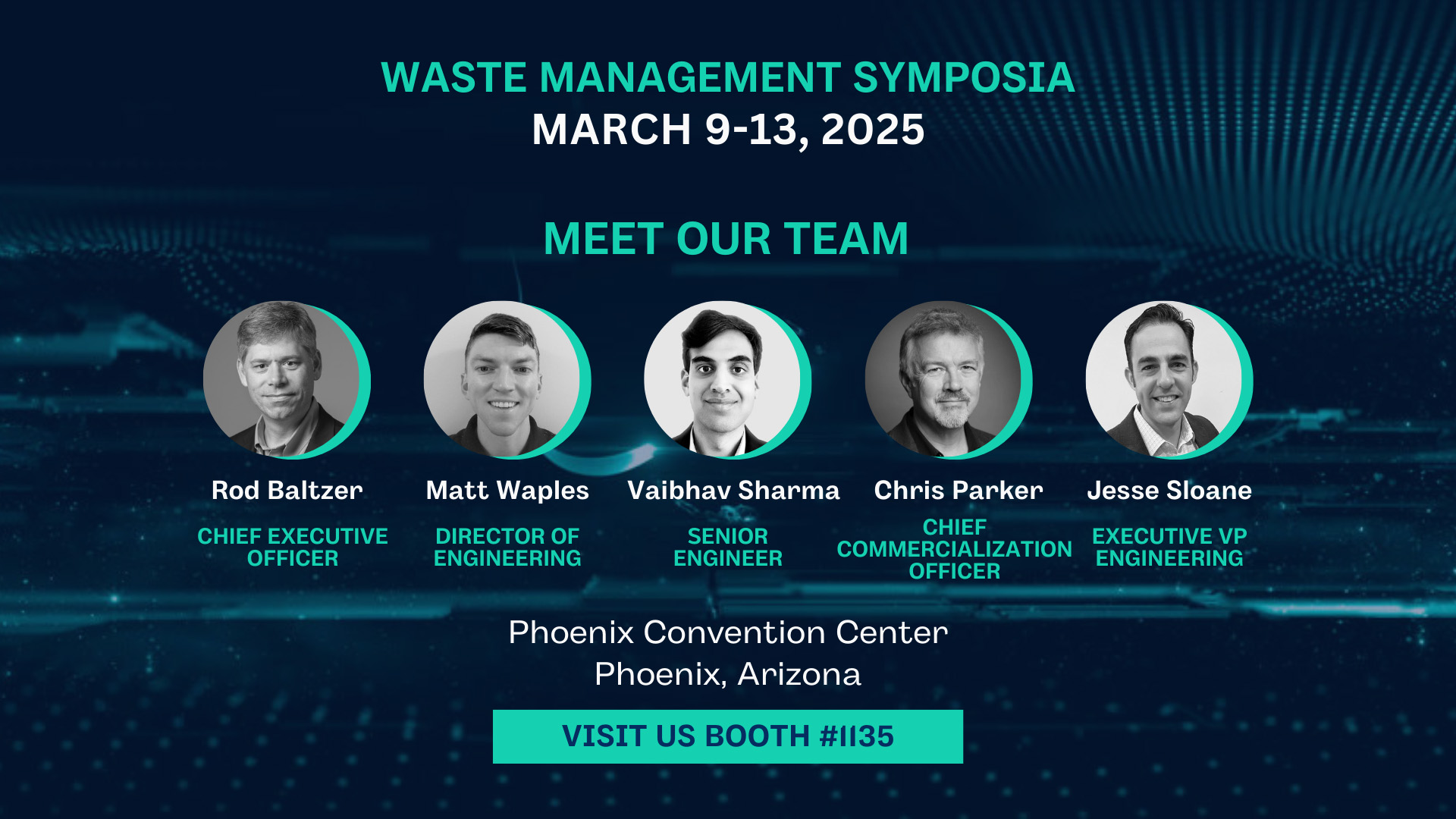
Washington, DC – Deep Isolation, a leader in nuclear waste disposal solutions, will participate in the ARPA-E Energy Innovation Summit from March 17-19, 2025, in Washington, D.C. This annual event brings together energy industry leaders and experts to explore breakthrough technologies, shaping the future of energy innovation.
Deep Isolation’s participation highlights its commitment to safe, scalable, and cost‑effective solutions for the disposal of spent nuclear fuel and high-level radioactive waste. Over the past three years, the company has collaborated with ARPA-E on multiple projects aimed at revolutionizing nuclear waste management, receiving multiple grants from both ARPA-E and the broader U.S. Department of Energy (DOE). Actively working on half a dozen projects, Deep Isolation’s key ARPA-E projects include:
- UPWARDS Initiative: Deep Isolation is leading the development of a Universal Canister System (UCS) for the safe storage, transport, and disposal of spent nuclear fuel from advanced reactors. Supported by a $3.8 million DOE grant through ARPA‑E’s ONWARDS program, this project – executed in partnership with UC Berkeley, Lawrence Berkeley National Laboratory, and NAC International – provides a modular, scalable, and low-cost disposal option: deep borehole disposal.
- Project SAVANT: Deep Isolation is advancing UCS technical and supply chain readiness under ARPA-E’s CREATE program. This two-year, $400 thousand project has bolstered Deep Isolation’s confidence in its canister design through testing of its disposal system materials under prototypic conditions, affirming the ability to meet stringent regulatory requirements. As the project nears completion, Deep Isolation is collaborating with the Electric Power Research Institute (EPRI) to better quantify domestic capabilities, costs, bottlenecks, and solutions to enable large‑scale US-based UCS production.
- CURIE Grant Collaboration: In 2023, Deep Isolation joined a project under ARPA‑E’s CURIE program to design a comprehensive economic model and waste disposal plan for spent nuclear fuel recycling. Led by Argonne National Laboratory, the $4.9 million initiative focuses on oxide reduction technology for pyrochemical recycling of light water reactor spent fuel. Deep Isolation’s role involves optimizing waste disposal costs and increasing the technical readiness level of nuclear fuel reprocessing through its cost-effective deep borehole repository technology.
Deep Isolation’s Engineering team will be available at the summit (booth #720) to discuss its latest advancements, ongoing research, and potential collaborations. Attendees can connect with Jesse Sloane, Executive Vice President of Engineering; Matt Waples, Director of Engineering; and Vaibhav Sharma, Senior Engineer. Attendees will have the opportunity to see first-hand a detailed diorama of Deep Isolation’s solution, offering an in-depth look at its innovative approach to nuclear waste management.
“We are excited to participate in the ARPA-E Energy Innovation Summit and showcase how our Universal Canister System and deep borehole disposal can provide a secure, cost‑effective, and scalable solution for managing nuclear waste,” said Rod Baltzer, CEO of Deep Isolation. “Our ongoing work with ARPA-E is critical in advancing next-generation nuclear by providing waste disposal strategies.”
###
About Deep Isolation
Named as one of Goldman Sachs’ 30 top startups in carbon capture, hydrogen power, and nuclear energy, Deep Isolation is the first company commercializing a nuclear waste disposal in deep boreholes. It offers a uniquely tailored solution to help countries complete the necessary steps to dispose of their waste inventories. With 70 patents issued to date, it leverages proven drilling practices to safely isolate waste deep underground in horizontal, vertical, or slanted borehole repositories.
For media inquiries or further information, please contact:
media@deepisolation.com
Deep Isolation
2001 Addison St., Suite 300
Berkeley, CA 94704
www.deepisolation.com
###

